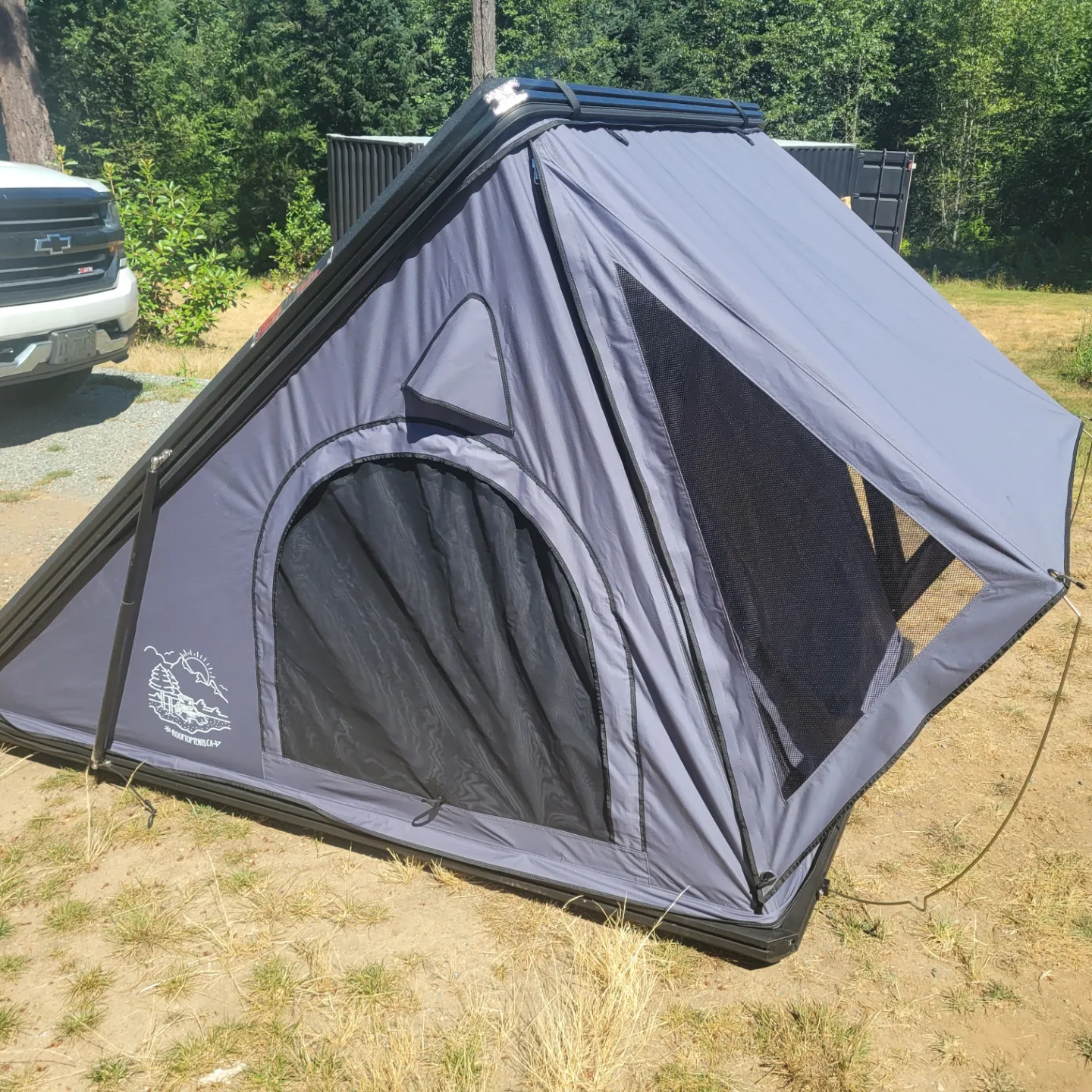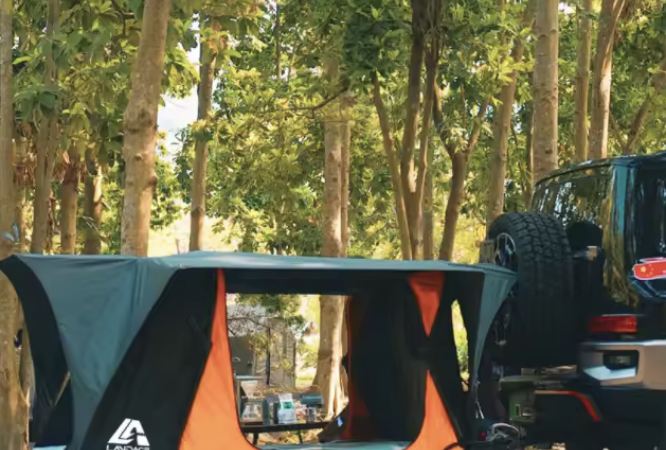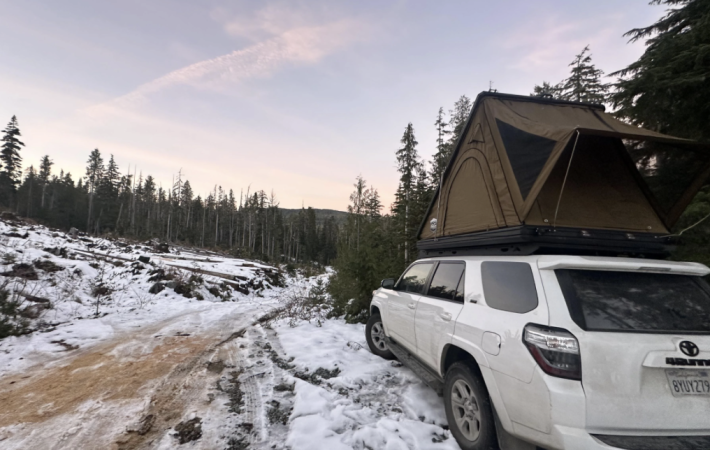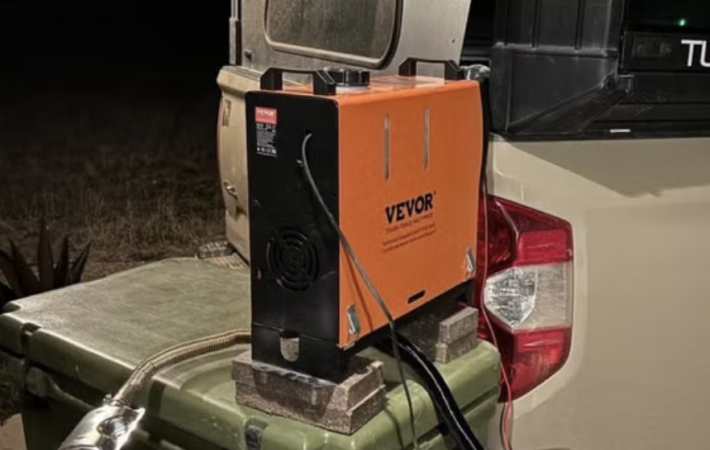If you’re an avid camper or outdoor enthusiast, you’ve probably heard of rooftop tents and their convenience. But how much do you know about these innovative camping solutions? In this blog post, we’ll answer some frequently asked questions about rooftop tents, hoping to enhance your knowledge about them.
So, without further delay, let’s dive straight in.
Rooftop Tent Frequently Asked Questions And Answers
Over the last few years, the demand for rooftop tents has skyrocketed. Several reasons can be attributed to this sudden rise in demand, one of which is the convenience and luxury they bring. Also, avid campers seem to favour rooftop tents over traditional tents because they make camping and overlanding trips much more enjoyable and hassle-free.
However, despite their rising popularity, some people doubt switching from traditional tents to rooftop tents. If you’re one of those people with questions, don’t worry! We’ve gathered a list of common questions you may have and provided detailed answers to help you out.
-
What is a rooftop tent, and how does it work?
You may have heard about rooftop tents or even seen one of them, but how well do you know this modern camping tent? Simply put, a rooftop tent can be seen as a type of camping tent specifically made to be mounted on off-road vehicles. How rooftop tents function is very different from traditional tents. Since rooftop tents are typically mounted on off-road vehicles, campers can stay off the ground and away from potential hazards like insects or wild animals. Also, rooftop tents come in a folding design, which allows them to be compact during travel and easy to set up when you reach your camping destination.
-
How do I make a rooftop tent more comfortable?
The idea that a home isn’t a home unless it has furniture and the right appliances also applies to your rooftop tent. So, when camping, your number one priority is to do everything necessary to make the rooftop tent more comfortable. And the best way to make the rooftop tent more comfortable is by investing heavily in quality waterproof mattresses, pillows, a ground mat to keep mud out of the tent, a mosquito net, power-saving LED lights to illuminate the tent, a cooling fan, and many more.
-
What outstanding benefits does a rooftop tent bring that traditional tents don’t?
As we have said earlier, rooftops are becoming increasingly popular, not just because of their cool name but mostly because of their various benefits. For a start, unlike traditional tents, rooftops are quick and easy to set up. Also, they offer better protection from the elements, insects, and bugs. Lastly, rooftop tents can easily be set up in areas where traditional ground tents might be challenging.
-
How do you install a rooftop tent on a vehicle?
Installing a rooftop tent is, to some extent, the easiest thing you will ever have to do when you go camping. All you have to do is attach it to a roof rack or crossbars on your vehicle, and boom! Your tent is ready to be used!
It should be noted that rooftop installation may vary depending on the rooftop tent model and your vehicle type. So, before buying a rooftop tent, consider your vehicle’s size and ask for expert opinions regarding the type you should buy.
-
What type of vehicle can support a rooftop tent?
Most vehicles with sturdy roof racks or crossbars can support a rooftop tent. However, it’s crucial to check your vehicle’s weight capacity and ensure it can handle the additional weight of the tent and occupants.
-
How much does a rooftop tent weigh?
Since there are various types, sizes, and models of rooftop tents, there is no accurate way to determine the weight of a rooftop tent. However, rooftop tents generally weigh between 100 and 200 pounds.
-
Are rooftop tents restricted to a specific location?
The answer to this is a resounding no! One of the many advantages of rooftop tents is that they can be set up anywhere your vehicle can get.
-
How many people can sleep in a rooftop tent?
Rooftop tents come in various sizes, accommodating different numbers of campers. Common sizes include 2-person, 3-person, and 4-person rooftop tents.
-
How can I level a rooftop tent?
The simple truth is that an unbalanced rooftop tent can be very uncomfortable and frustrating after it has been set up. So, to solve this issue, you must first park your vehicle on a flat surface. Then, if, after doing this, the tent still looks uneven, you need to use leveling blocks or rocks to balance it.
-
Are rooftop tents waterproof?
Yes, most rooftop tents are designed to be waterproof and equipped with rainfly materials to keep you dry during rain showers or inclement weather.
-
Do rooftop tents affect fuel efficiency?
Yes, rooftop tents can have a minor impact on fuel efficiency due to increased wind resistance. It’s essential to consider this factor when planning your travels.
-
Can I leave my bedding inside the rooftop tent when traveling?
The answer to this is in two parts. You may leave your bedding inside the tent while traveling, as it is generally safe. But then again, this is not always advisable because it tends to increase the weight of the tents, and if care is not taken, it could potentially destroy the tent’s interior and the car.
-
Can rooftop tents damage vehicles?
No! Rooftop tents can’t damage vehicles as long as they are properly installed. However, you must buy a rooftop tent to complement your vehicle’s structure.
-
How secure are rooftop tents against theft?
Rooftop tents are generally secure against theft when properly installed and locked. Additional security measures, such as locks and straps, can add extra protection.
-
Are rooftop tents suitable for all seasons?
Many rooftop tents are designed to withstand various weather conditions and provide ventilation during hot summer and insulation during colder seasons. However, it’s essential to check the specific features of the tent to ensure it meets your seasonal camping needs.
-
How should I maintain my rooftop tent?
Regular maintenance includes cleaning the tent, checking for any signs of wear, and ensuring all zippers and mechanisms work correctly. Store the tent in a dry and clean environment when not in use.
-
Can I use a rooftop tent with a soft-top vehicle?
Rooftop tents are typically designed for vehicles with a hardtop roof, as they need a stable and flat surface for proper mounting. Using one on a soft-top vehicle may not be advisable due to potential structural limitations.
-
Are rooftop tents suitable for off-road adventures?
Yes, rooftop tents are multipurpose. They can be used for various off-road adventures, such as overlanding and normal camping. They offer the advantage of keeping you off the ground and away from uneven or rocky terrain, providing a more comfortable camping experience.
-
Do rooftop tents come with warranties?
Yes, many rooftop tents come with manufacturer warranties covering materials and workmanship defects. When you shop for your rooftop tent and other camping gear on our website, you will be offered an unbeatable warranty on your purchases.
-
How much do rooftop tents cost?
While some are very expensive, some rooftop tents are very cheap. Again, this depends on the type, brand, and size of the rooftop tent you purchase. A good rule of thumb is to go to the website or store you want to purchase and see it for yourself to make the best possible decision.
Conclusion
Suppose you have been in the dark about a rooftop and why most campers prefer it to traditional tents. In that case, we hope the few FAQs we have answered above have helped you better understand rooftop tents and their advantages for your camping adventures!
That said, if you ever need a quality rooftop tent or any other camping gear, don’t hesitate to shop from us at Rooftoptents.ca.






